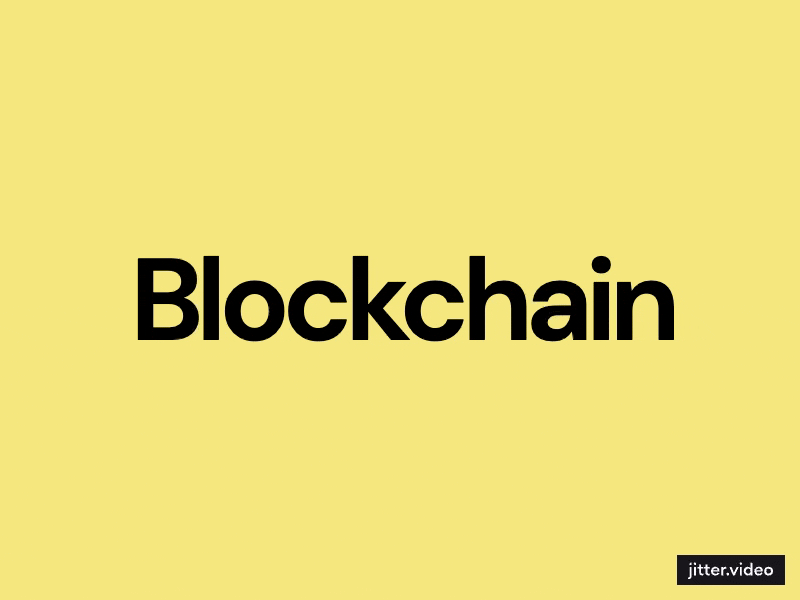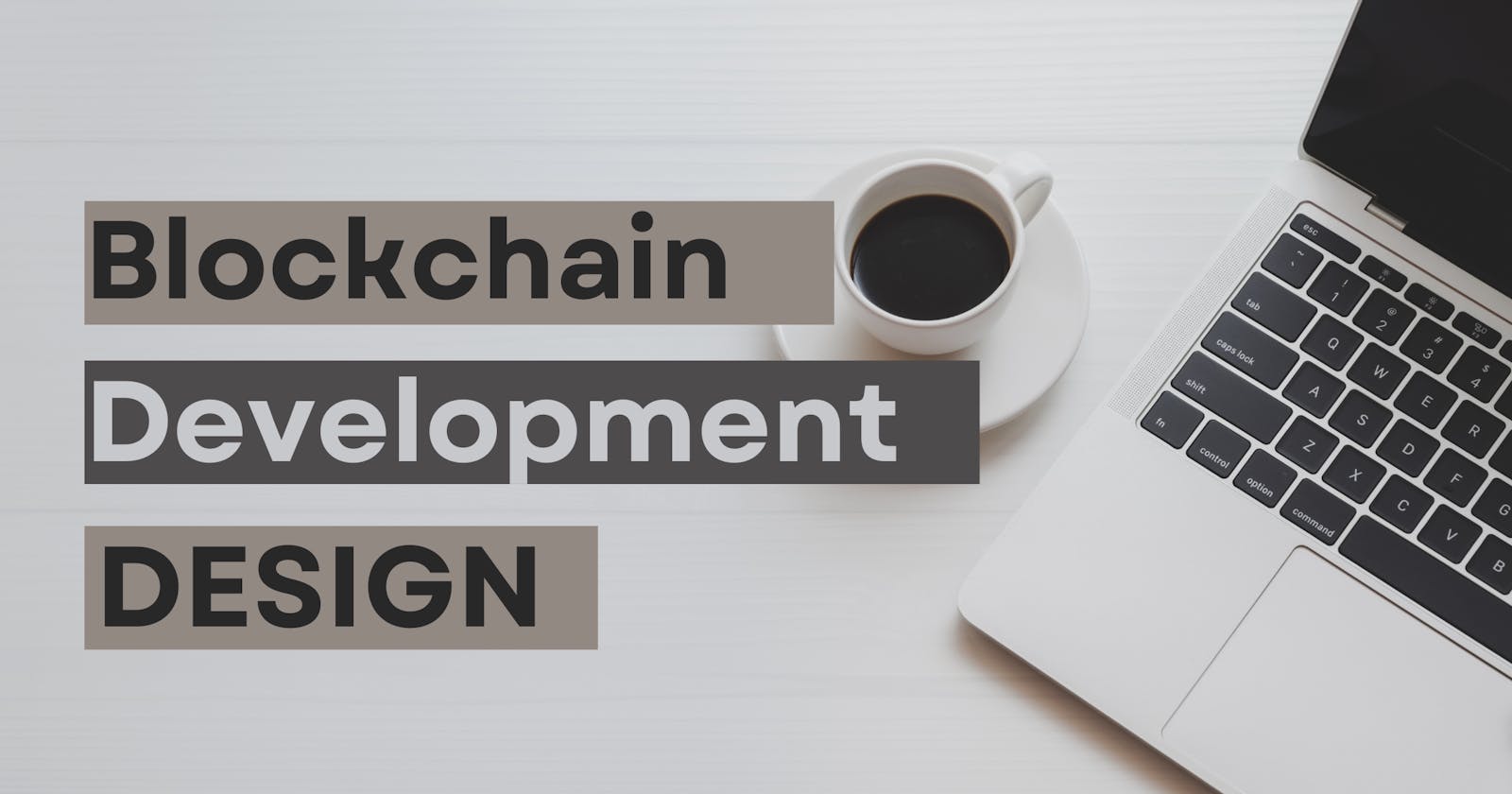
Introduction:
Blockchain technology has gained significant attention in recent years due to its potential to revolutionize various industries, from finance to supply chain management. As a decentralized and immutable ledger, blockchain offers transparency, security, and trust in digital transactions. If you're a beginner interested in exploring blockchain development, this guide will provide you with a solid foundation to get started.
Understanding Blockchain:
At its core, a blockchain is a distributed database that stores information across multiple computers or nodes. Each block in the chain contains a collection of transactions and a unique cryptographic hash, which ensures the integrity of the data. The blocks are linked together through these hashes, forming a chain of blocks. The decentralized nature of blockchain ensures that no single entity has control over the entire network, making it resistant to tampering and fraud.
Blockchain Fundamentals:
To embark on your blockchain development journey, it's crucial to grasp the fundamental concepts:
a. Decentralization: Unlike traditional systems that rely on a central authority, blockchain operates in a decentralized manner. The network participants, or nodes, validate and record transactions collectively, eliminating the need for intermediaries.
b. Consensus Mechanisms: Consensus algorithms ensure agreement among the nodes regarding the state of the blockchain. Popular mechanisms include Proof of Work (PoW) and Proof of Stake (PoS).
c. Smart Contracts: Smart contracts are self-executing contracts with predefined rules and conditions. They automate the execution of transactions and agreements, enhancing efficiency and reducing costs.
Choosing a Blockchain Platform:
Next, you'll need to select a suitable blockchain platform to develop your applications. The two prominent options are Ethereum and Hyperledger Fabric.
a. Ethereum: Known for its support of smart contracts, Ethereum is a public blockchain platform. It offers a robust ecosystem, including a native programming language called Solidity, which is used to write smart contracts.
b. Hyperledger Fabric: Designed for enterprise use, Hyperledger Fabric is a permissioned blockchain framework. It provides privacy, scalability, and flexibility, making it ideal for consortium networks and business applications.
Programming Languages:
To develop blockchain applications, you must be familiar with the programming languages commonly used in blockchain development:
a. Solidity: As mentioned earlier, Solidity is the primary language for Ethereum smart contracts. It's similar to JavaScript and enables you to define the behavior of your decentralized applications (DApps).
b. GoLang: Hyperledger Fabric employs GoLang as its primary programming language. It offers simplicity, efficiency, and built-in support for concurrent programming, making it suitable for developing chain code (smart contracts) in Fabric.
Development Tools and Frameworks:
To streamline the development process, various tools and frameworks are available:
a. Truffle Suite: Truffle is a popular development framework for Ethereum. It provides a suite of tools, including Truffle itself, Ganache (a personal Ethereum blockchain), and Drizzle (a front-end library).
b. Remix IDE: Remix is an online Integrated Development Environment (IDE) for Solidity smart contracts. It allows you to write, deploy, and debug smart contracts directly in your web browser.
c. Hyperledger Composer: Hyperledger Composer is a comprehensive development toolset for creating Hyperledger Fabric applications. It offers an abstraction layer, simplifying the process of defining and deploying business networks.
Learning Resources and Communities:
Blockchain development is a continuously evolving field, and it's essential to stay updated and engage with the community. Here are some valuable resources:
a. Online Courses: Platforms like Udemy, Coursera, and Blockchain Council offer courses specifically designed for beginners to learn blockchain development.
b. Developer Documentation: Refer to the official documentation of the blockchain platforms you're working with, such as Ethereum's official documentation or Hyperledger Fabric
